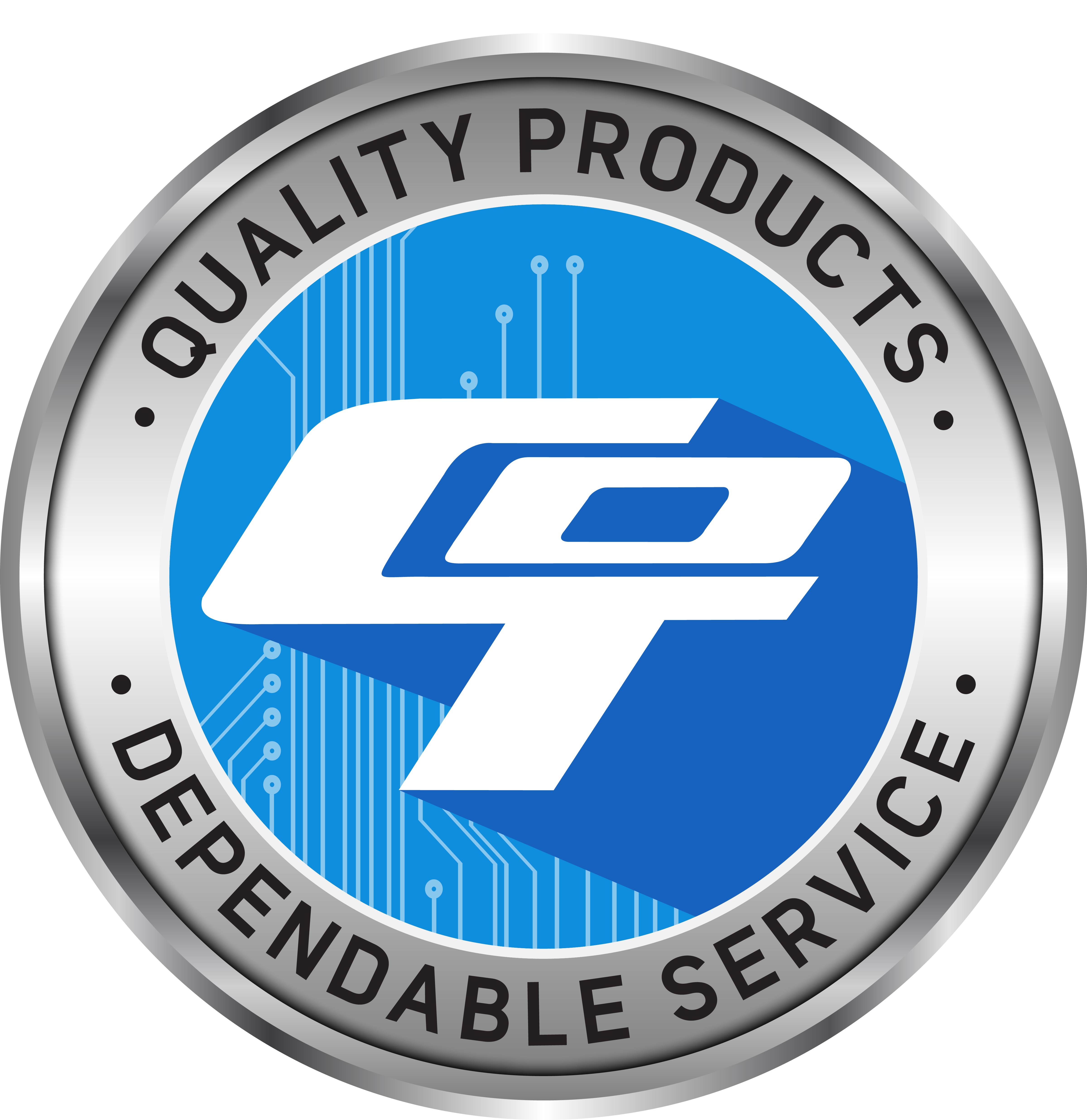Electronics Forum | Fri Oct 18 11:56:22 EDT 2013 | hegemon
You might try testing prior to using the Silicone if possible. Also you might try to qualify your cleaning process rather than the individual board. Clean an unrelated assembly and test it in your Ionagraph. Assuming it passes, Clean your subject a
Electronics Forum | Tue Oct 22 16:30:50 EDT 2013 | joeherz
Dear Lord, We have had similar challenges with customer requirements related to ionic testing. You have determined that you cannot get a reliable result from testing at the stage where the adhesive has been applied. That option is out. Assuming
Industry News | 2010-09-13 15:36:15.0
IPC — Association Connecting Electronics Industries® has released IPC-1601, Printed Board Handling and Storage Guidelines. The industry's sole standard on the handling, packaging and storage of printed boards, IPC-1601 provides users with guidance on how to protect printed boards from contamination, physical damage, solderability degradation, electrostatic discharge and moisture uptake.
Technical Library | 2013-02-07 17:01:46.0
Silicone contamination is known to have a negative impact on assembly processes such as soldering, adhesive bonding, coating, and wire bonding. In particular, silicone is known to cause de-wetting of materials from surfaces and can result in adhesive failures. There are many sources for silicone contamination with common sources being mold releases or lubricants on manufacturing tools, offgassing during cure of silicone paste adhesives, and residue from pressure sensitive tape. This effort addresses silicone contamination by quantifying adhesive effects under known silicone contaminations. The first step in this effort identified an FT-IR spectroscopic detection limit for surface silicone utilizing the area under the 1263 cm-1 (Si-CH3) absorbance peak as a function of concentration (µg/cm2). The next step was to pre-contaminate surfaces with known concentrations of silicone oil and assess the effects on surface wetting and adhesion. This information will be used to establish guidelines for silicone contamination in different manufacturing areas within Harris Corporation... First published in the 2012 IPC APEX EXPO technical conference proceedings.
Technical Library | 2013-04-18 16:46:42.0
Conformal coatings are considered a method of providing corrosion protection to electrical assemblies used in high-humidity or harsh environments. They are applied to PCBs for various reasons: to protect from moisture and contamination, to minimize dendritic growth, to provide stress relief, and for insulation resistance. These contribute to more durable handling, enhanced device reliability, and reduced warranty costs. Increased miniaturization of new circuit board designs requires flexible, low stress coating material to protect delicate components and fine-pitch leads. Silicone conformal coatings offer many advantages that address the general trend of ongoing PCBs designs, such as: high flexibility and low modulus to reduce stress on delicate or small components... First published in the 2012 IPC APEX EXPO technical conference proceedings.
SMTnet Express February 7, 2013, Subscribers: 26168, Members: Companies: 13281, Users: 34286 Effect of Silicone Contamination on Assembly Processes Silicone contamination is known to have a negative impact on assembly processes such as soldering
Heller Industries Inc. | https://hellerindustries.com/wp-content/uploads/2022/06/Optimizing-Reflowed-Solder-TIM-sTIMs-Processes-for-Emerging-Heterogeneous.pdf
. More rugged applications such as automotive ADAS use the TIM1/2 package approach, while many AI modules use a pressurized TIM0 (TIM1.5) approach. Note that while the latter eliminates the need for reflow of the TIM during assembly, it also necessitates precision controls in manufacturing to minimize mechanical stress on the die during
| https://www.smtfactory.com/PCBA-Cleaning-Machine-PCB-Defluxing-For-Best-Coating-and-Bonding-Effect-id43566387.html
. The cleaning effect is generally not achieved through spray jet pressure, as with inline processes, but rather via the volume of cleaning medium passed over the substrates

COT specializes in high quality SMT nozzles and consumables for pick and place machines. We provide special engineering design service of custom nozzles for those unique and odd components.
2481 Hilton Drive
Gainesville, GA USA
Phone: (770) 538-0411